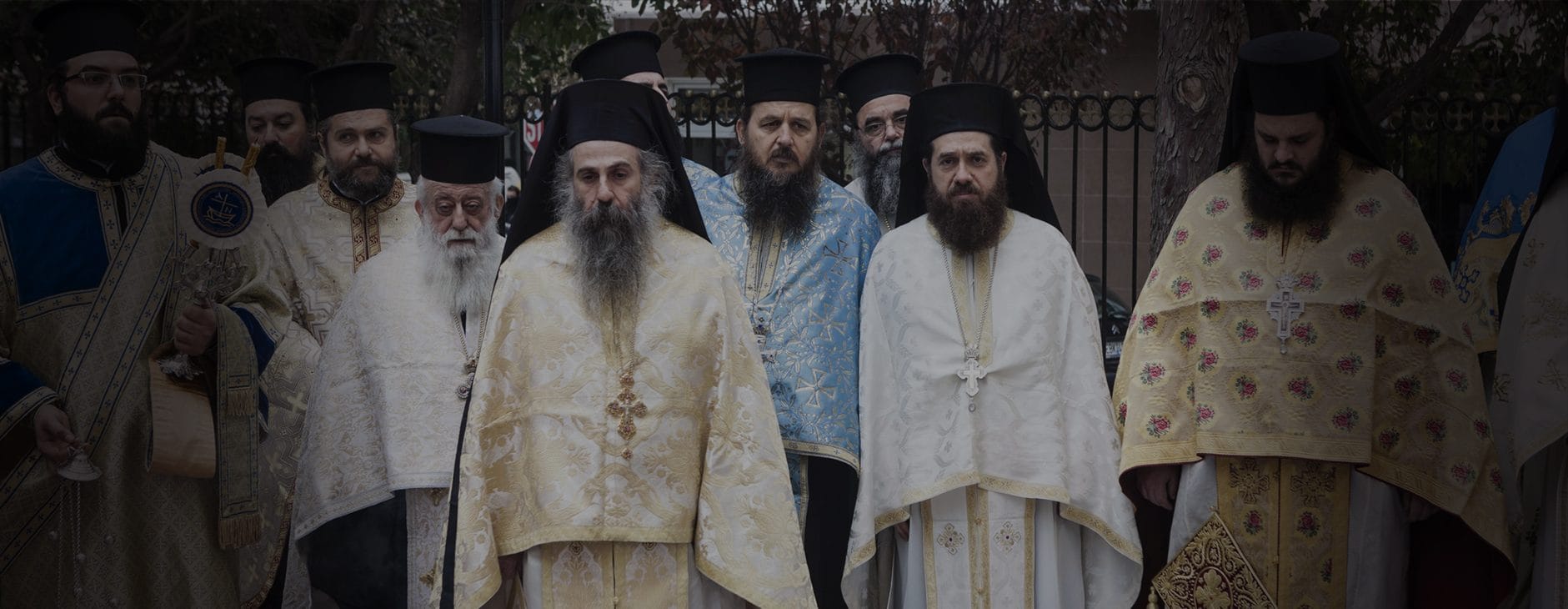Dive into the intriguing world of the Islamic perspective on Jesus’ fate. We’ll explore how Muslims understand this central figure, unraveling the mysteries of the Quran’s account. From the Quran’s viewpoint on Jesus’ death to Allah’s plan for resurrection, we’ll shed light on the beliefs that shape this significant aspect of Muslim faith. Get ready for an eye-opening journey into the tapestry of religious traditions, where we’ll navigate cultural differences and foster a deeper appreciation for the diverse beliefs that enrich our world.
How Do Muslims View Jesus’ Life and Death?
The idea of Jesus’s resurrection is a big deal in Christianity, but in Islam, things are understood a bit differently. Muslims have deep respect for Jesus – they see him as a very important prophet, a messenger chosen by God (Allah). However, the belief that he was crucified and then rose from the dead isn’t part of Islamic teachings.
Instead, Muslims believe that God had a different plan for Jesus. They believe that Allah, in His infinite wisdom, protected Jesus from the ordeal of crucifixion. Instead of dying on the cross, the Islamic faith teaches that Jesus was raised directly to heaven by God. This event is known as the ascension of Jesus.
Let’s delve a bit deeper into how this understanding comes from the Quran, the holy book of Islam:
- The Quran’s Account: The Quran clearly states that Jesus was not crucified. It says that God made it seem like someone else was crucified, sparing Jesus from that fate. This is a cornerstone of how Muslims view what happened to Jesus.
- Ascension as Divine Protection: Muslims see Jesus’s ascension as an act of great mercy and a sign of God’s love for him. They believe he was saved from the humiliation and suffering of being crucified.
- Jesus: Revered Prophet, Not Divine: It’s important to note that Muslims don’t view Jesus as the son of God. They see him as a human prophet, a messenger chosen by God, just like Abraham, Moses, and Muhammad (peace be upon them all).
- Diverse Interpretations Within Islam: Within Islam, just as in any faith, there are different ways of understanding things. Some Muslim scholars believe that the Quran’s words about the crucifixion might be symbolic. They think it might represent the rejection of Jesus’s message by some people rather than a literal event.
- The Importance of Interfaith Dialogue: The differences in how Muslims and Christians view Jesus’s life and death are a reminder that it’s essential to approach these topics with respect and openness. Engaging in calm conversations and interfaith dialogue can help build bridges of understanding and appreciation for the beliefs of others.
What Does the Quran Say About Jesus’ Death?
Muslims have deep respect for Jesus and see him as a very important prophet chosen by God, but their beliefs about his death differ from Christian beliefs.
The Quran says that Jesus wasn’t actually crucified. Instead, it seemed that way to the people there, but God actually saved Jesus by raising him up to heaven. This event is really important in Islam, and you can find it described in the Quran, specifically in chapter 4, verse 157, which says:
“And they killed him not, nor crucified him, but it appeared so unto them; and those who differ therein are in doubt thereof; they have no knowledge thereof, save following a conjecture; and they killed him not for certain.”
This verse suggests there’s more to the story than what people might have believed at the time. Muslims see this event as proof of God’s power and mercy. They believe that because Jesus was so righteous, God protected him from death on the cross.
This difference in understanding about Jesus’ death is a key difference between the Christian and Islamic faiths. While Christians believe that Jesus’ death and resurrection are central to their salvation, Muslims hold that Jesus was a prophet who preached about the oneness of God, a message that later continued with the Prophet Muhammad.
What Do Muslims Believe About Jesus?
Muslims have a great deal of respect for Jesus. They see him as a very important prophet, someone God sent to guide people. But how they see Jesus’ life and purpose differs from what Christians believe.
Muslims believe that Jesus, whom they call Isa, was born to Mary in a miraculous way – God made it happen. They agree that he was the Messiah (al-Masih), a significant figure in the prophetic tradition. However, Muslims do not believe in the Trinity or that Jesus was God’s son.
Muslims do not accept the crucifixion and resurrection story. Their holy book, the Quran, states that Jesus wasn’t crucified; they believe someone who looked a lot like him was put on the cross instead.
Instead of dying on the cross, Muslims believe Jesus went straight up to heaven. They call this al-Mi’raj and see it as God protecting Jesus from being humiliated and as a display of divine power.
Muslims believe Jesus’ main mission was to guide people to believe in only one God (monotheism) and to live good, ethical lives. They value his teachings on love, forgiveness, and justice. While Muslims don’t think Jesus was divine, they hold him in high regard as a prophet and a messenger sent from God.
To summarize, Muslims’ view of Jesus is unique. They agree with Christians that he was an important prophet, but their beliefs about his crucifixion, resurrection, and divinity are different. Understanding these differences is important for encouraging interfaith conversations and promoting understanding between religions.
What Does Allah Say About Resurrection?
The Quran is very clear about the resurrection – it’s a fundamental belief in Islam. The Quran describes it in detail, leaving no room for doubt in the hearts of believers. It’s not just about coming back to life; it’s about being held accountable for your actions—good or bad—in front of Allah.
The Quran acknowledges that Jesus went up to heaven, but it’s clear that he wasn’t crucified or resurrected here on Earth. Muslims see his life and purpose differently.
How Do Different Faiths Explain the Resurrection of Jesus?
Let’s explore how mainstream Islam views Jesus’ resurrection. Most Muslims see Jesus as a prophet, a messenger of God, but not God himself. They don’t believe he was crucified or resurrected as Christians do. Instead, they believe that God, in His power, raised Jesus directly to heaven before the crucifixion could happen. This idea comes directly from the Quran, which says:
“And they did not kill him, nor did they crucify him; but [another] was made to resemble him to them…” (Quran 4:157)
It’s like an optical illusion – people thought they saw Jesus die on the cross, but it wasn’t really him.
There’s a smaller group within Islam, the Ahmadi Muslims, who have a different take. They believe Jesus actually survived the crucifixion. They believe he journeyed to India and lived out the rest of his days there.
How does the Christian view of the resurrection differ? Christians believe that Jesus is the Son of God, and his death on the cross was a sacrifice for the sins of all humanity. They believe he rose from the dead on the third day and then ascended to heaven. This belief is rooted in the Bible, which says:
“For God so loved the world that he gave his one and only Son, that whoever believes in him shall not perish but have eternal life.” (John 3:16).
These contrasting beliefs are at the heart of the differences between these two major religions. It’s a topic that has sparked debate and discussion for centuries.
Have you ever wondered about the meaning of markings on Teddy Roosevelt pocket watch? Learn about various markings and their significance.
Makaveli is a word used to refer to Niccolò Machiavelli, a famous Italian philosopher and political scientist.
Charles Darwin’s ideas greatly influenced Thomas Malthus. Learn more about Darwin’s influences on Malthus.
- Revolution Space: Disruptive Ion Propulsion Transforming Satellites - April 24, 2025
- Race Through Space: Fun Family Game for Kids - April 24, 2025
- Unlocking the Universe: reading about stars 6th grade Guide - April 24, 2025

















1 thought on “Jesus’ Fate: Unveiling the Islamic Perspective on His Crucifixion and Ascension”
Comments are closed.